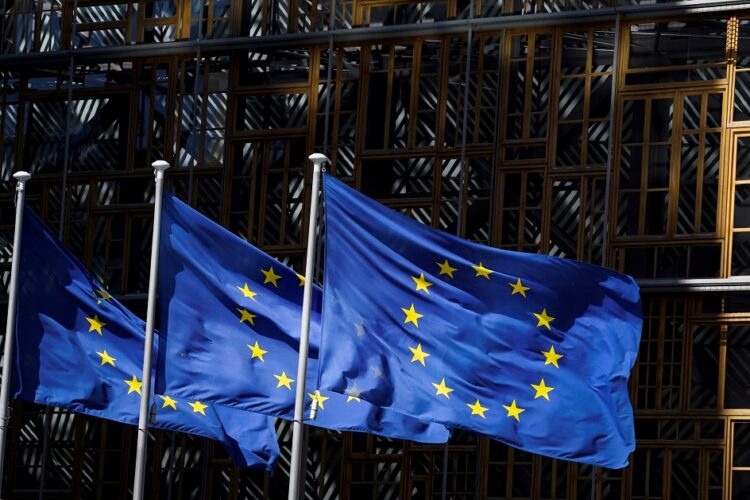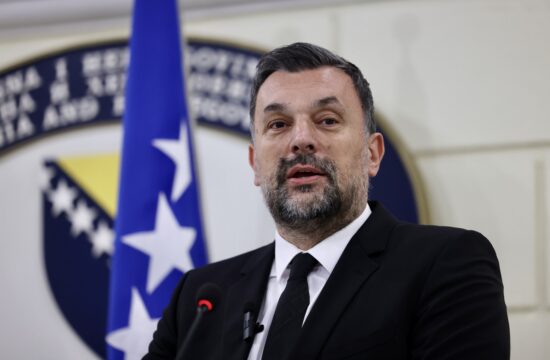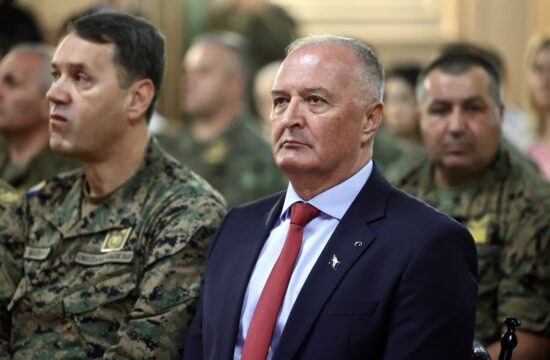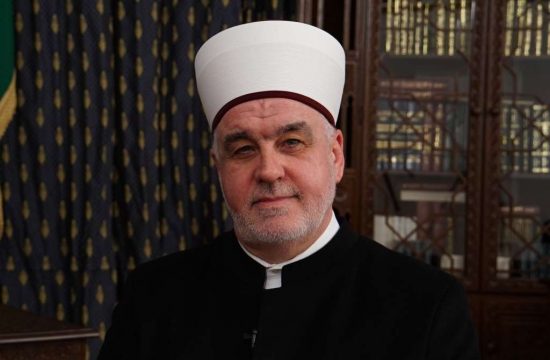
Since 2011, the EU maintains a sanctions framework to enable imposing restrictive measures against persons who seriously threaten the security situation in Bosnia and Herzegovina or undermine the Dayton Peace Agreement and its Annexes, EU Delegation to Bosnia told N1 Tuesday, adding that this framework is renewed annually but it has not been used so far.
They said they continue to urge all political actors in the country to refrain from divisive rhetoric and to focus on the vital reforms stemming from the European Commission Opinion, in line with their commitment to the EU accession perspective.
“We remind that one of the 14 key priorities outlined in the Commission Opinion is to take concrete steps to promote an environment conducive to reconciliation in order to overcome the legacies of the war,” EU Delegation told N1.
International community's High Representative, Valentin Inzko, in charge of overseeing the civilian implementation of the Dayton Peace Agreement which ended the 1992-1995 war in Bosnia, said last week that Bosnian Serb leader and Serb Presidency member Milorad Dodik could face sanctions by UN Security Council's May session in the form of a ban of entry in all EU member states, as well as all UN member, states if, in the meantime, he does not change the name of a student dormitory in Pale settlement, near Sarajevo, named after the convicted war criminal Radovan Karadzic.







